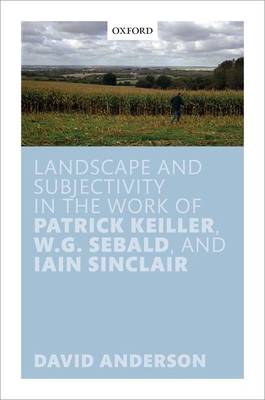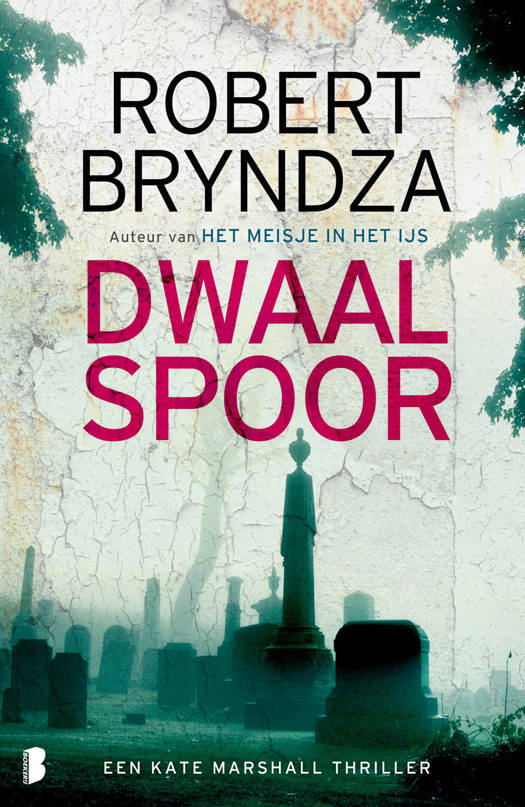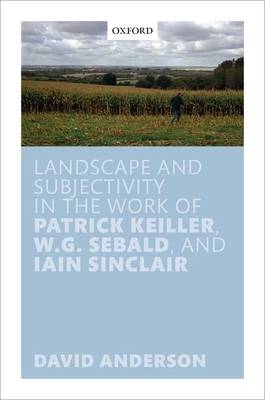
- Afhalen na 1 uur in een winkel met voorraad
- Gratis thuislevering in België vanaf € 30
- Ruim aanbod met 7 miljoen producten
- Afhalen na 1 uur in een winkel met voorraad
- Gratis thuislevering in België vanaf € 30
- Ruim aanbod met 7 miljoen producten
Zoeken
Landscape and Subjectivity in the Work of Patrick Keiller, W.G. Sebald, and Iain Sinclair
David Anderson
Hardcover | Engels
€ 109,45
+ 218 punten
Omschrijving
This book situates the film-maker Patrick Keiller alongside the writers W.G. Sebald and Iain Sinclair as the three leading voices in 'English psychogeography', offering new insights to key works including London, The Rings of Saturn, and Lights Out for the Territory. Excavating social and political contexts while also providing plentiful close analysis, it examines the cultivation of a distinctive 'affective' mode or sensibility especially attuned to the cultural anxieties of the twentieth century's closing decades. Landscape and Subjectivity explores motifs including essayism, the reconciliation of creativity with market forces, and the foregrounding of an often agonised or melancholic. It asks whether the work can, collectively, be seen to constitute a 'critical theory of contemporary space' and suggests that Keiller, Sebald, and Sinclair's contributions represent a highly significant moment in English culture's engagement with landscape, environment, and itself. The book's analyses are fuelled by archival and topographical research and are responsive to various interdisciplinary contexts, including the tradition of the 'English Journey', the set of ideas associated with the 'spatial turn', critical theory, the so-called 'heritage debate', and more recent theorisation of the 'anthropocene'.
Specificaties
Betrokkenen
- Auteur(s):
- Uitgeverij:
Inhoud
- Aantal bladzijden:
- 320
- Taal:
- Engels
Eigenschappen
- Productcode (EAN):
- 9780198847199
- Verschijningsdatum:
- 27/10/2020
- Uitvoering:
- Hardcover
- Formaat:
- Genaaid
- Afmetingen:
- 155 mm x 236 mm
- Gewicht:
- 675 g

Alleen bij Standaard Boekhandel
+ 218 punten op je klantenkaart van Standaard Boekhandel
Beoordelingen
We publiceren alleen reviews die voldoen aan de voorwaarden voor reviews. Bekijk onze voorwaarden voor reviews.












